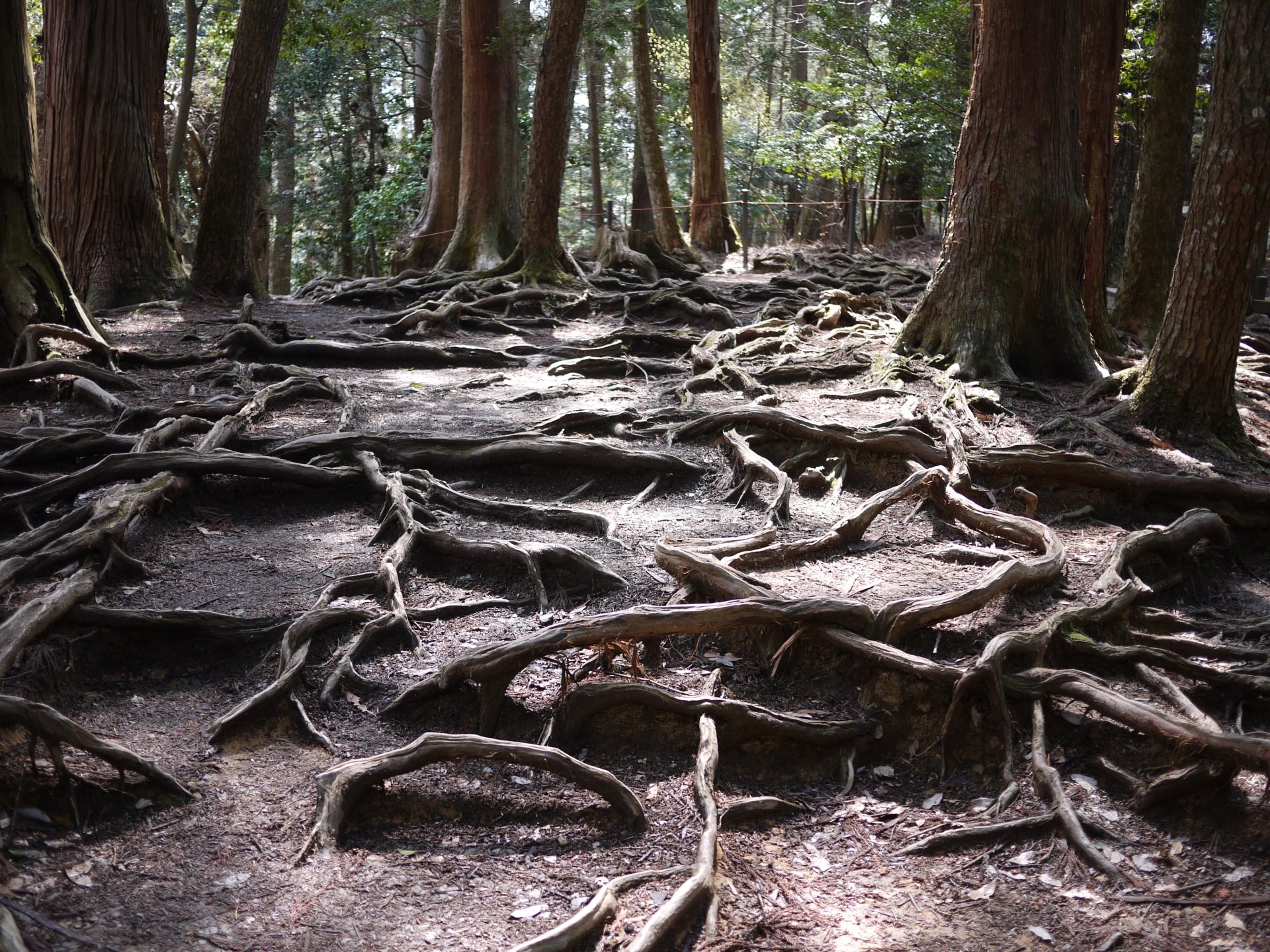Early Summer Nature Hiking & Walking
Going from Kibune to Kurama
Many people come to Kyoto and expect an old, traditional city; ancient temples bursting forth from behind tiny, winding streets lined with wooden machiya townhouses. To an extent this is true, a city with one of the largest number of UNESCO World Heritage sites on the entire globe, it’s any Japanophile’s Mecca when it comes to an era-immemorial and the romanticism that this holds.
What many people are unaware of before visiting this show-stopper of a city is the beautiful countryside and mountains that surround Kyoto on three sides. A haven for hikers, walkers and nature-lovers; you can be out and about and enjoying the good old outdoors in less than an hour.
One such hike can be found in Kibune and Kurama to the north of the city (map A & B on pg 6), where the rewards along the way more than make up for the aching muscles from the journey. The mountains around Kibune and Kurama are famous for onsen (hot spring) and the annual Fire Festival, held every year on October 22. Like something from a fairytale, the area has a magical feel. Maybe it’s the warming, yellow glow that seeps through the trees or the closeness to nature that you feel wandering past the pretty river. There’s definitely something in the air that transports you to the pages of a storybook.
Alighting at Kibune-guchi Station on the Enzan Railways, the hiking trail head is a 20-minute walk up a two-lane mountain road. The walk is quiet and peaceful and framed by cedar trees towering above you on both sides. The hike starts at a small red bridge on your right as you enter the village and the first several hundred meters are fairly steep.
After perhaps fifteen minutes you will come to the first shrine: Oku-no-in, or the Inner Sanctuary. This is a small mountain shrine and a good place for a break. Shortly beyond this, you will come to an open area full of cedar roots – one of the highlights of the hike – from here the walk becomes easier.
There are several small shrines along the route; soon enough you will be heading down stone steps towards Reiho-den of Kurama Temple, a museum exhibiting local flora and fauna and the temple’s artifacts. The view from the open area in front of the building is beautiful. Shortly after, the trail leads to Kon-do, the main hall, a wonderful place to stop and pray and appreciate the stunning surroundings, particularly the views of the mountains in the distance.
From here it is a short walk down to Yuki Shrine and on to the Nio-mon Gate, which is known as the “Gate of the Guardians” at the entrance to Kurama Temple. Nio-mon Gate is at the head of the trail from the Kurama side and the location of the cable car station. From here, walk down the steps and into the village where you can get an Eizan train back into the city or head to the lovely Kurama Onsen where you can ease the aches and pains of tired muscles at one of the mineral rich natural hot springs.
Pick up your walking boots and make a move to the mountains to experience some truly magical natural splendor and unforgettable traditions, trading in Kyoto’s city sights for a slice of rural action while enjoying the ritualistic art of Japanese onsen bathing along the way.



